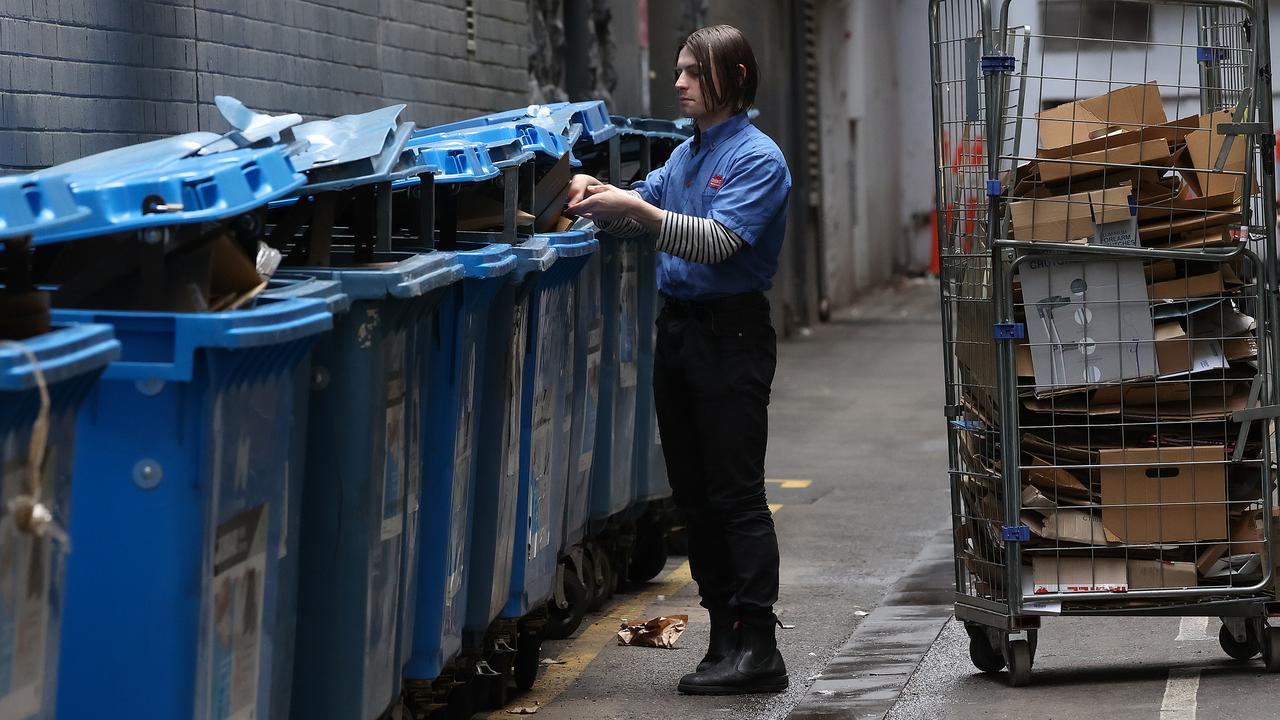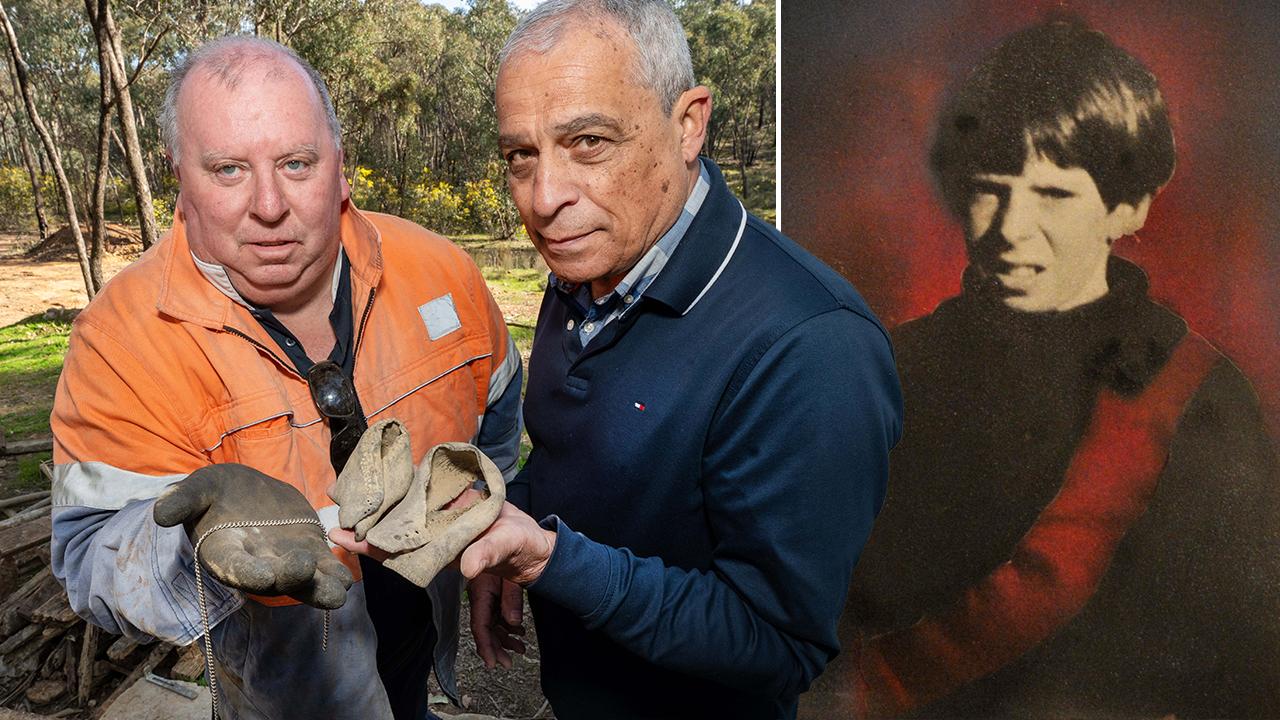Victorian households could be forced by buy electric cooktops, heaters under gas plan
Victorian households using gas cooktops or hot water heaters could be forced to buy electric replacements when they need a new one under updated plans to wean the state off the energy source.
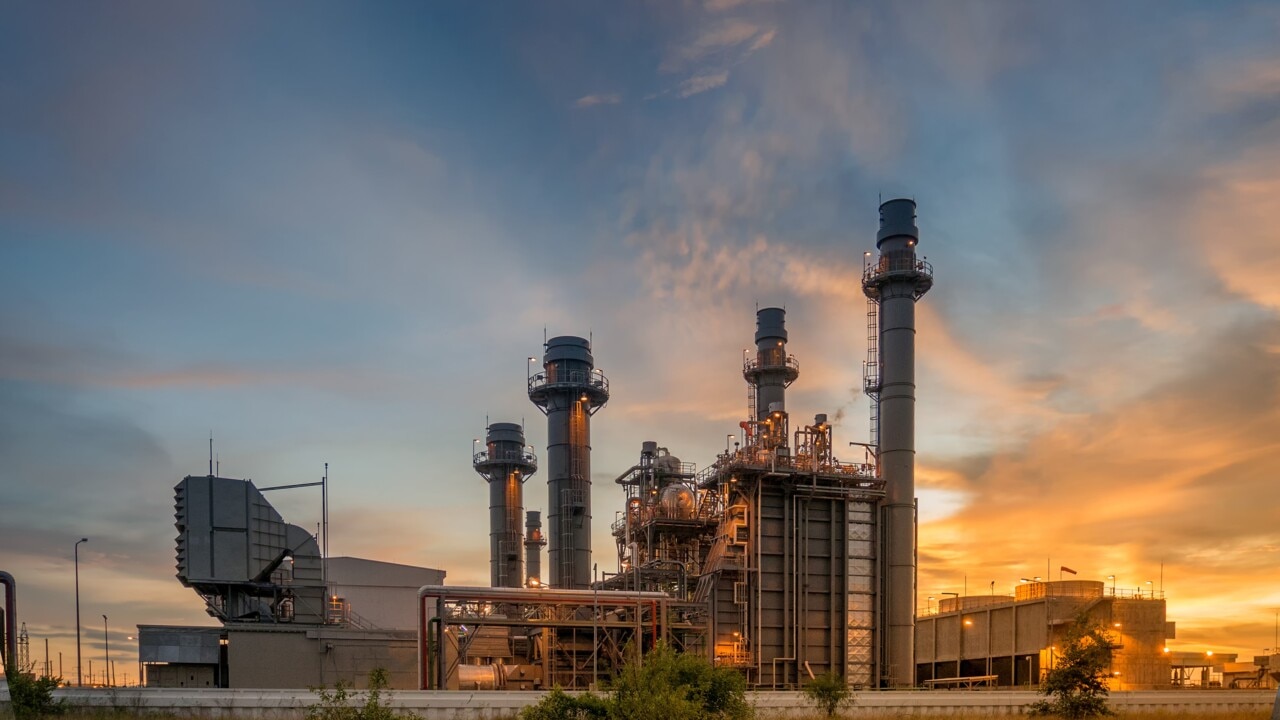
Victoria
Don't miss out on the headlines from Victoria. Followed categories will be added to My News.
Victorians households using gas could soon be forced to switch to electric cooktops or hot water systems once those appliances reach the end of their life, as the government ramps up plans to ditch the common fuel type.
The Allan Government released an updated “gas substitution road map” on Thursday that will help the state meet a target of net zero greenhouse gas emissions by 2045.
It includes the ban on gas in new homes requiring planning permits that was recently announced, but also discusses how to retrofit 2 million existing homes and businesses currently using gas.
The document says a new regulatory impact statement will be created to consider the timing, and cost and benefits, of an expanded electrification push.
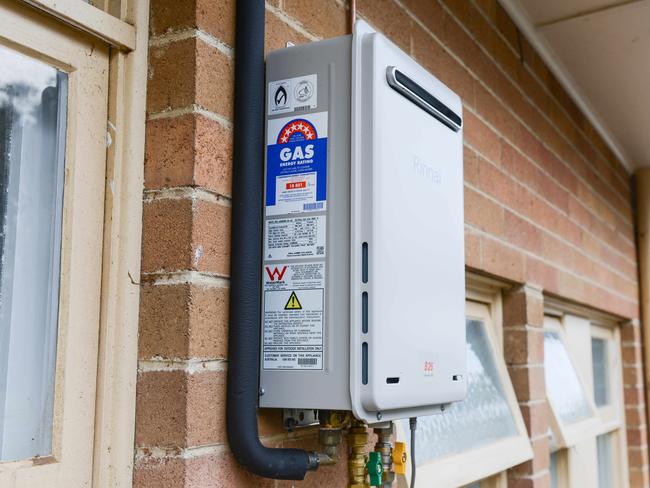
This RIS would “investigate options to progressively electrify all new residential and most commercial buildings where appropriate electric appliance options are readily available”.
“The same regulatory impact statement will consider the costs and benefits of requiring existing gas appliances in homes and relevant commercial buildings be replaced with electric appliances when the current appliance reaches end-of-life,” it says.
To sweeten the plan to force the switch from gas to electric appliances, the government will introduce new cash payments for upgrades to efficient electric cooktops.
This would be done through the Victorian Energy Upgrades scheme, with sweeteners of between $80 and $160 depending on the price and type of appliance.
Agriculture and hospitality will be excluded from the RIS.
More than 300,000 LPG residential users are also excluded from this version of the road map, meaning regional, rural and outer urban areas without access to a reticulated gas network can continue with bottled gas, and that the backyard BBQ is safe.
The paper says “there is a clear benefit for residential and commercial users of fossil gas to transition to efficient electric alternatives when upgrading or replacing appliances”.
“Residents of a new, all-electric detached home (without solar) can save around $1,000 per year on reduced energy bills, with savings increasing to more than $2,200 a year with solar installed.”
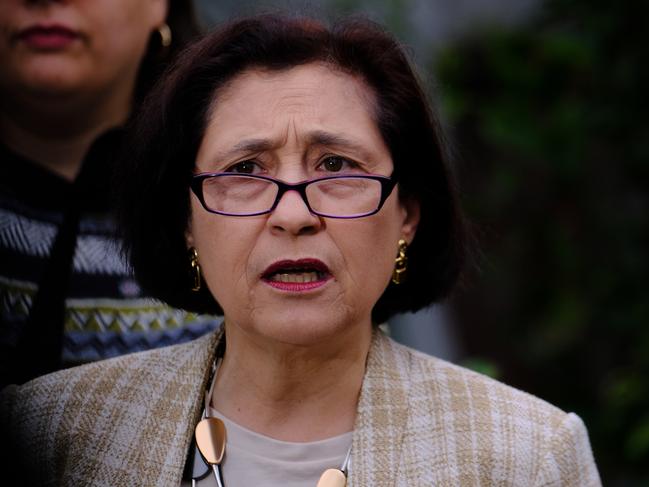
Critics of the plan have pointed out exorbitant costs for some older homes to upgrade their mains or retrofit homes to enable electrification, which can be several thousands of dollars upfront.
But Energy and Resources Minister Lily D’Ambrosio said gas was no longer as abundant and cheap as it once was and people would be better off long-term by switching.
“We’re ensuring Victorians aren’t locked into expensive fossil gas prices and sky-high energy bills for decades – helping them switch to efficient electric appliances that will deliver significant bill savings,” she said.
“We’re also helping renters save money on their energy bills through new minimum energy efficiency standards that include better insulation and efficient heating and cooling, meaning comfortable homes that are cheaper to run.”
Those new standards are aimed at helping renters who could bear the brunt of increasing network charges once more households leave the gas sector and electrify.
This is because if fewer people are connected to gas, those who remain will pay a higher cost for the pipelines that have been installed across the state over decades.
The road map does not spell out the detail of the plan for new standards, and what the cost would be for property owners, but it says new standards for ceiling insulation would “save renters around $387 per year, a draught sealing standard $37, hot water $205, and cooling $153 a year”.



